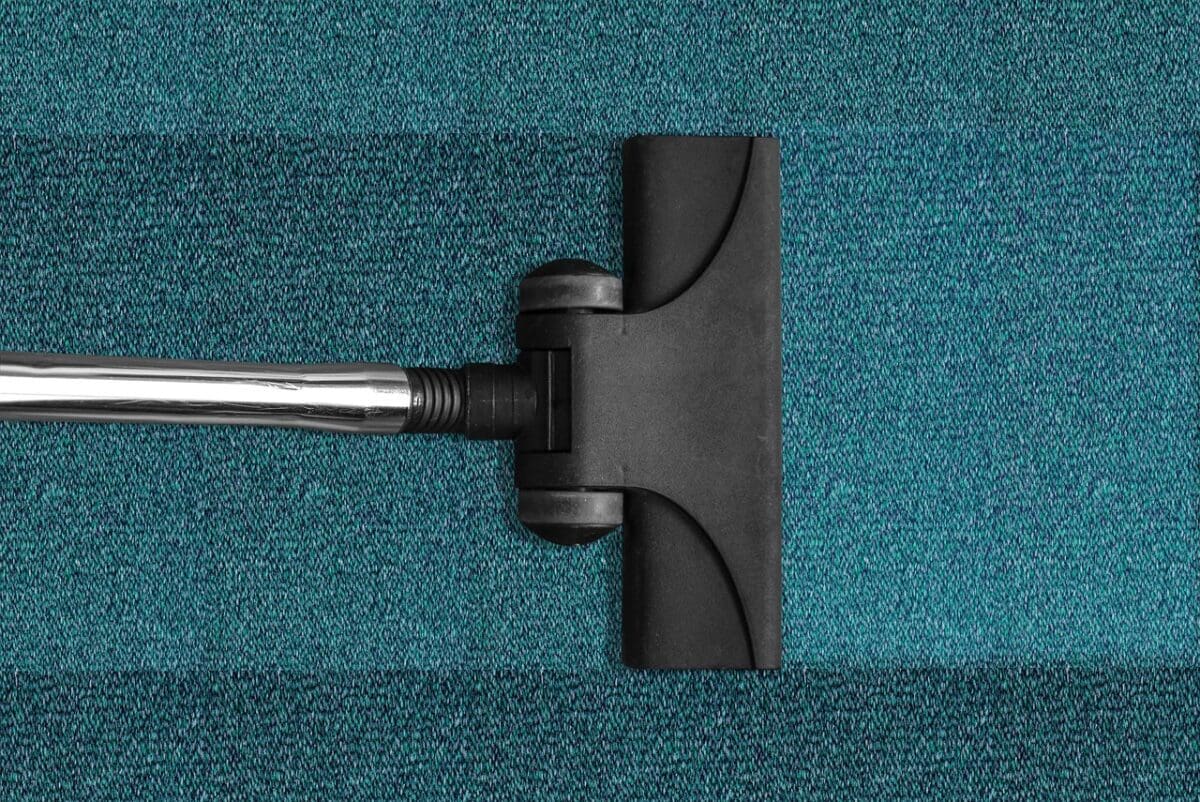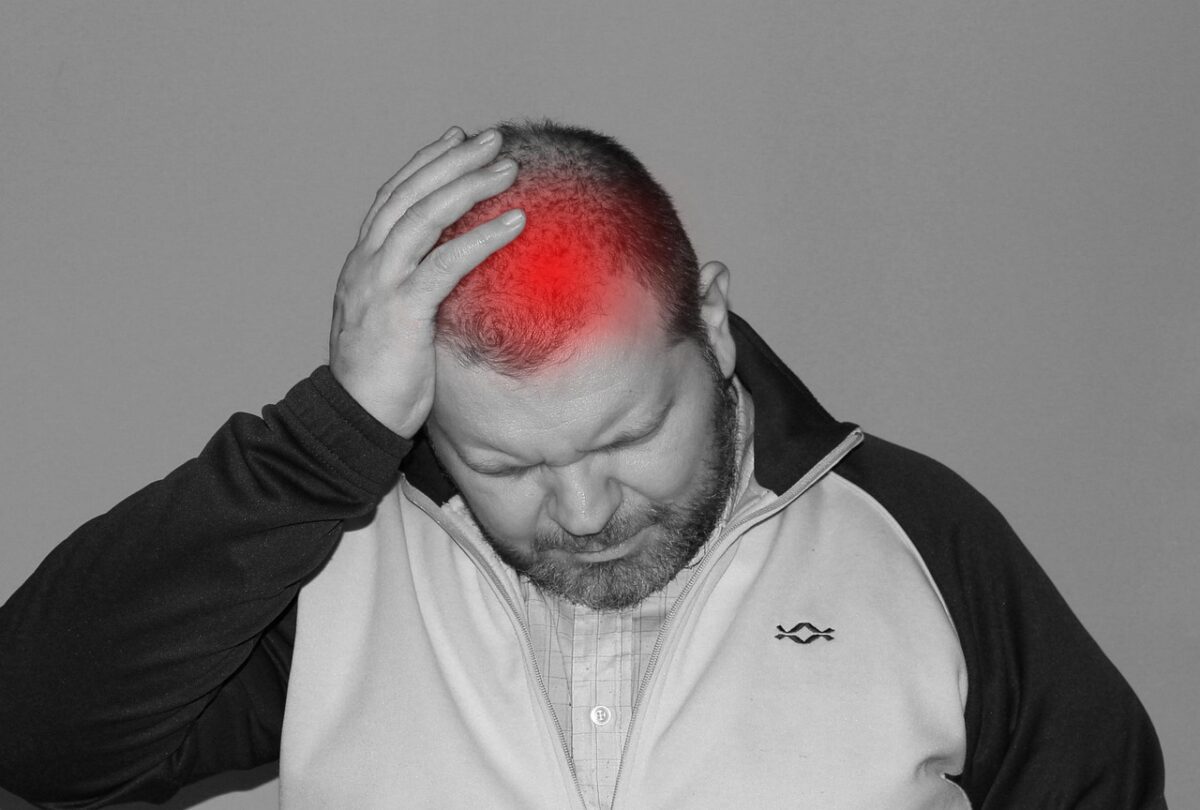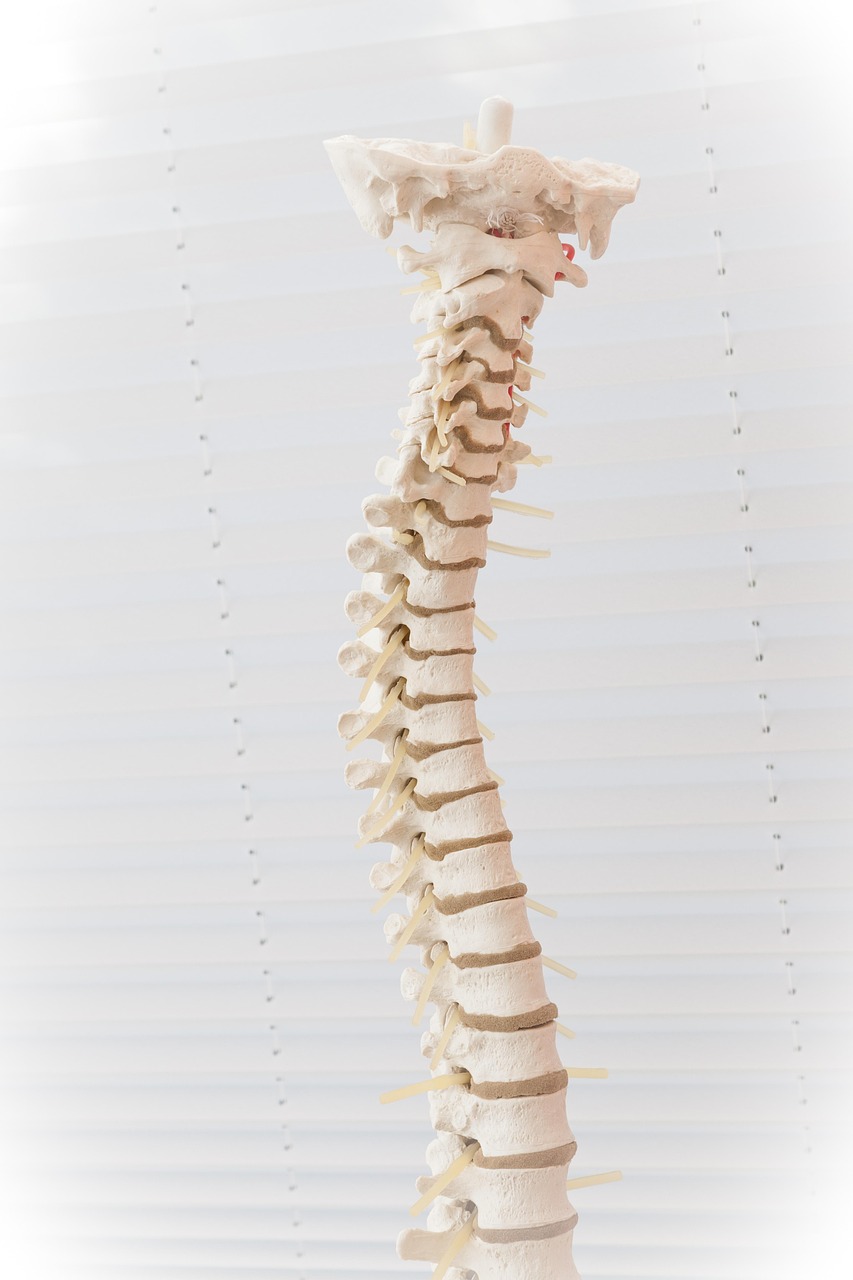
Release Your Stress Tension With Physiotherapy Treatment
Posted By: Forward Wellness
Stress is......well, stressful! Physiotherapy treatment can help relieve it in surprising ways. People may feel stress from tight deadlines at work, family issues, long commutes, and life in general. Stress can also be caused by a poor work-life balance. This imbalance in our life can take a toll on our physical health. Stress does not only affect your mental health, but can also lead to areas of tension in the body.
At some stage in life, we all have felt stressed out. If this stress is not well managed, it may progress. Managing stress through physical therapy can improve your well-being and overall health. But first, let’s discuss how stress affects your body.
How Stress Affects Your Body
Everybody has experienced the fight-or-flight reaction at some point in their lives. This reaction is triggered when you are stressed, or find yourself in a stressful situation. Your body reacts by releasing fast-acting hormones known as noradrenaline and adrenaline. These hormones heighten the body’s sensors and make it respond quickly to stressors. When stress is manifested within the body, it can cause various physical symptoms. The most common symptoms of stress may include back pain, headaches and migraines, jaw pain, neck pain, shoulder pain, and stomach pain. All of these can be a result of tension in the body caused by anxiety and stress. When stress becomes chronic, it can become harmful to the body and possibly lead to inflammation, depression, fatigue, and sleeplessness.
Physiotherapy Techniques for Managing Stress
Usually, you come in to see a physiotherapist for a physical complaint, for example jaw pain. As part of the assessment, the physiotherapist may ask you about your stress levels which may contribute to clenching of the jaw and tension in the jaw. As part of your treatment plan, there are some techniques physiotherapists may utilize in order to assist you in maintaining healthy levels of stress. These techniques can help relieve the mind and body from stress, which may relieve some of the tension you are feeling. These techniques would be added in combination with the other techniques to treat your tension such as manual therapy, exercise, and acupuncture. Some of the most commonly recommended treatments that will help control stress include exercises (including breathing exercises), massage, acupuncture, and a recommendation to try meditation. These techniques have been seen as extremely effective in stress management. Adding these techniques to your routine will help you manage stress naturally which may lead to decreased muscle tension. Below are more details on how these physiotherapy techniques can help relieve stress:
Exercise

Exercise is an important technique to employ when combating stress. It may seem contradictory to recommend physical activity to help tackle stress, a condition which can often cause fatigue leading to lack of motivation to exercise. However, it is possible to relieve mental stress and physical tension through physical activity. It is more beneficial when exercise is regularly done. People who do not exercise regularly are more likely to experience increased stress. Upon assessment with your physiotherapist, he/she will ask you about your habits and routines. A Physiotherapist can use this information to suggest ways in which you can change your activities and help reduce pain. Improper mobility (or tightness) is a common cause of pain. You will be given a home exercise program and taught how to properly perform exercises. Through exercising, you can improve the function of your muscles and return your body to a more balanced state. Breathing practice is another thing that can be used to help relax your body, slow your heartbeat rate, and reduce tension in your muscles.
Massage
The back, shoulders, and neck are often afflicted with pain caused by stress. This is because there are muscles in these body parts that often become tense when one is under a lot of pressure. Massaging these areas helps facilitate movement, increases blood flow, and relieves tension.
Different forms of massage therapy can also be used to alleviate headaches. Massage therapy is also known to help treat chronic pain and prevent injury. When the muscles and tissues are stimulated, tension is reduced and flexibility is enhanced. This improvement alone helps reduce the risk of injury. In general, getting a massage regularly is beneficial to both your mental and physical health.
Acupuncture

Acupuncture originated from Chinese medicine, and it involves inserting thin needles into the skin in specific points on the body. When these specialized needles are used in certain areas of the body, it may help reduce pain and improve the function of the nervous system. This technique is good in reducing chronic pain related to stress, like headaches, back pain, and spasm.
How Physiotherapy Relieves Stress
Physiotherapy helps in managing stress and its symptoms by addressing tension in the muscles and reducing pain. Here are some of the many ways physiotherapy can help relieve and manage stress:
1. Reduced muscle tension: Stress can manifest as muscle tension and poor posture. Correcting these areas of tightness with manual therapy and exercise may help you feel less pain and more free to move.
2. Boost mood and ease depression: One of the common techniques used in physiotherapy is exercise prescription. A prescribed exercise program is known to work as a mood bosting activity as it releases natural endorphins. When you feel good physically, your mental well-being is also enhanced. You may include activities into your routine such as yoga, rock climbing, dancing, walking or jogging.
3. Improve the quality of life: Exercises are well known to cause improvement in physical condition. This improvement is transmitted to your quality of life, self-worth, and self-esteem. Certain motions are essential to daily activities such as being able to squat, and being able to reach above your head.
4. Improve sleep: Your sleep duration and quality can be improved with techniques that involve massage, posture training, and learning optimal sleeping positions. If you have sleeping problems, meet with a physiotherapist today to help create a plan to manage your concerns. Your sleep quality is also improved when you exercise regularly.
5. Lower cortisol levels: When you perform diaphragmatic breathing exercises, your cortisol levels may be lowered. This improves both your mental relaxation and physical tension. Speak with a physiotherapist today to learn more about different breathing techniques.
6. Reduce stress sensitivity: When you exercise regularly, your sensitivity to stress and its symptoms may be reduced because the body’s stress hormone is lowered.
Conclusion
When you exercise regularly, your body releases endorphins which can help to improve your sleep and the quality of your life. A physiotherapist is a great option to recommend techniques which will best suit your concerns and your lifestyle. If you have symptoms of stress such as muscle tension, visiting a physiotherapist quickly is beneficial to prevent further health deterioration. Remember, health is wealth; taking good care of both your mental and physical state is important!




































































